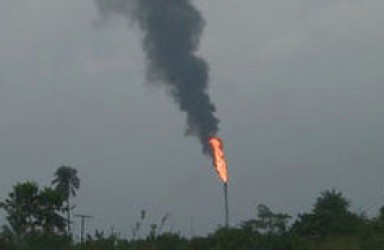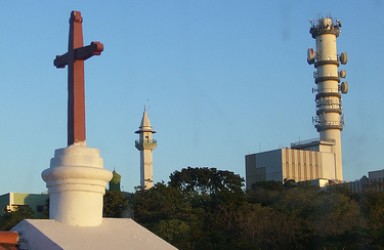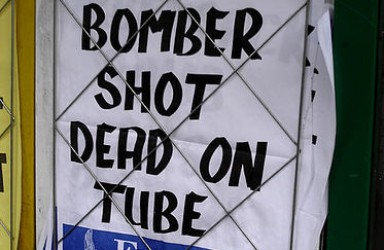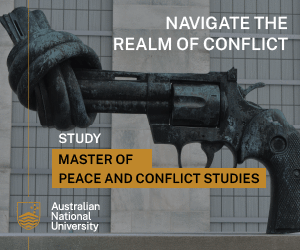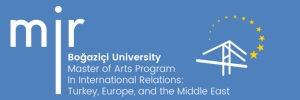Underdog Emerging: Cambodia’s Development in the 21st Century
Small developing countries that have been historically caught up in great power politics often seem to be exotic destinations for travel books rather than concrete places. Cambodia is one such example. As an insignificant part of the international system, it is difficult to appreciate what is happening there without seeing it for yourself. But Cambodia is a microcosm of development, and the changes that are happening there by no means trivial.
Oil, Security and US Involvement in West Africa
In recent years, the United States has been quietly increasing its presence in West Africa with a variety of declared humanitarian interests. Discussion as to the ‘true’ motivations vary, from the need to shore up its role as global hegemon in the face of Chinese advances, to attempts to neutralise the territory as a base camp or staging ground for terrorists, to the need for new desire for US goods. The most pragmatic of the ‘true’ motivations offered is the need to secure oil supplies.
The War on Terror and the Crisis in Pakistan
How ironic it would be if the most direct consequence of the “war on terror” was the overthrow of a government by Muslim extremists and the destabilization of a nuclear-armed country. With the Taliban gaining full control of the Swat Valley in Pakistan last February and advancing to within 60 miles of Islamabad just a few months ago – moving much faster and over a wider area than in any of their previous incursions – such a catastrophe seems to be looming just over the horizon.
How Does Racism Provide a Metric for Biopolitics of Security?
In this essay I will investigate how racism functions as a metric for the biopolitics of security. I will begin by analysing the development of the counter-historical discourse, from its opposition to traditional sovereignty, through to the development of the ‘warring nations’ thesis, and it’s eventual reformulation as a discourse of the state.
Understanding al Qaeda and Hezbollah
This essay makes a comparative study of al Qaeda and Hezbollah, considering their ideological origins, justifications for terror, and overall objectives and tactics. The author finds that al Qaeda’s ideological groundings strongly influence the global, symbolic nature of the group’s objectives. In contrast, Hezbollah’s origin as a resistance front against Israel has left room for ideological flexibility, resulting in goals that are regional and pragmatic.
Argentinia’s 2001 Economic Crisis and the Success of New Social Movements
Several new social movements found their expression in the Argentinian political and economic crisis of 2001, termed the ‘Argentinazo’. The event consisted of a popular revolt in which people took to the streets armed with pots and pans to express their dismay of the establishment. However, just a few years later their legacy was being questioned.
Is Coercive Diplomacy a Viable Means to Achieve Political Objectives?
Coercive diplomacy is one of the most intriguing and common practices of conducting inter-state relations and embodies the essence of the art of diplomacy: achieving political objectives and fostering a state’s national interest without waging a war. The present essay will first offer a theoretical framework on the notion of coercive diplomacy.
Does the Idea of a Clash of Civilisations Hinder our Understanding of World Politics Since 9/11?
Even though the clash of civilisations thesis encompasses different levels of analysis from man, civilisation, and the world at large, it concentrates on solely cultural factors. Allowing these factors to override other sectors of analysis in the discipline of international relations does not necessarily lead to enhancing our understanding of world politics.
Was the 1920s an ‘era of illusion’?
If Hollywood is to be believed, the first half of the Twentieth-Century was characterised by traditional moral values and romantic ideals. The 1920s were full of happy maidens marrying their long lost loves who had all miraculously survived World War One. But in his book ‘The Twentieth-Century World, An International History’, William R. Keylor refers to the 1920s and an “era of illusion”. The following essay will explore this claim.
Is the War on Terror Transforming Contemporary Politics?
The War on Terror has changed the world of international politics greatly. Old traditions and customs such as the respect for state sovereignty and the formal equality of states have been shaken. Humanitarian intervention and concerns for human security have been forced into the background, and the human rights and liberty of citizens of all nations are being threatened by the War on Terror.

